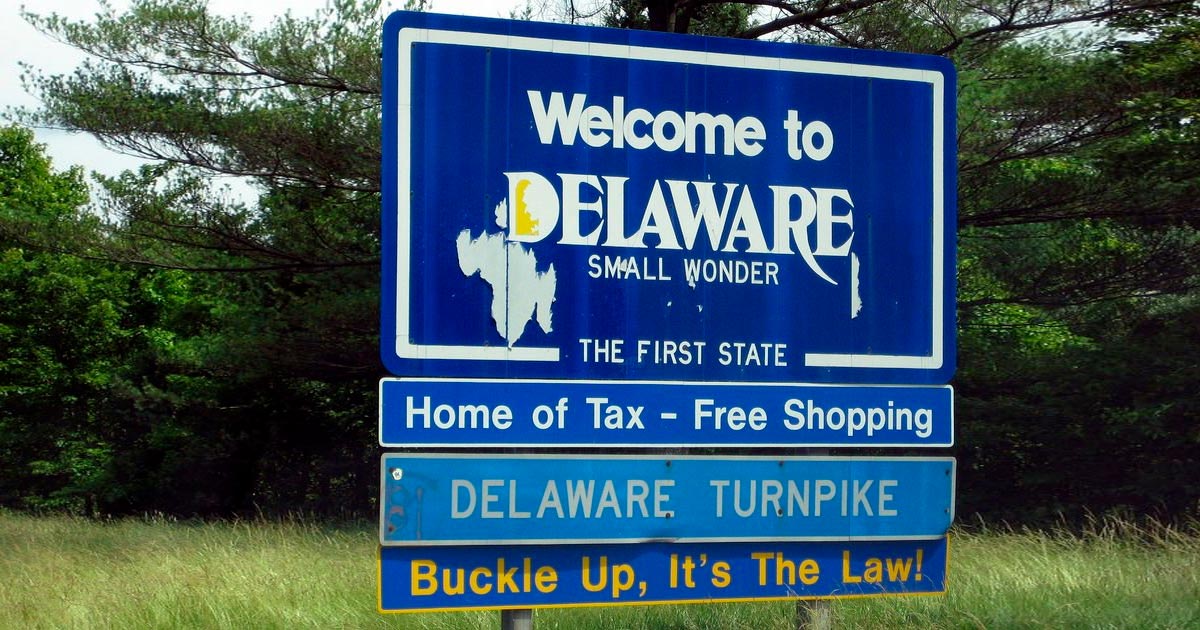The Delaware House of Representatives has approved a bill to legalize the possession and gift of cannabis between adults. The Senate will now have to consider it before it can become law.
Democratic Rep. Ed Osienski’s bill passed 26 to 14. It is the first part of a two-track approach to reform, with a companion bill also passing through committee to put in place regulations for an adult-use market.
Ed Osienski decided to file the measures separately after the House rejected an earlier measure in March.
“This bill ends more than 50 years of prohibition and criminalization in Delaware and allows adults over the age of 21 to legally possess, consume and freely share less than one ounce of cannabis (28 grams) for personal use,” Osienski said ahead of the vote.
The bill in detail
Here’s what Delaware’s HB 371 would do:
- Bill would change state law by eliminating penalties associated with possession of up to one ounce of cannabis by adults 21 and older
- It would also add a section stating that adults 21 and older could share up to one ounce of cannabis ‘without compensation’.
- This section clarifies that cannabis could not be “donated” as part of a simultaneous “reciprocal transition” or if the donation is subject to a separate transaction for goods or services other than cannabis.
Here are the main provisions of the complementary project HB 372:
- A Cannabis Commissioner would be appointed under the authority of the state’s Alcohol and Tobacco Division. This official would be responsible for regulating the industry and overseeing the licensing of retailers, growers, manufacturers and laboratories
- Licenses would be granted through a competitive process, with benefits granted to those who pay workers a living wage, provide health insurance or meet certain other criteria.
- Within 19 months of the bill taking effect, regulators will need to approve 30 retailer licenses, half of which will be awarded to social equity applicants. Social Equity Candidates would be defined as entities majority-owned by people with prior cannabis trafficking convictions or living in an area disproportionately affected by the drug war
- These applicants would also be awarded one-third of the planned 60 cultivation licenses, one-third of the manufacturing licenses and two of the five analytical laboratory licenses. They would also benefit from reduced application and licensing fees as well as technical assistance from the state.
- Retail cannabis sales would be subject to a 15% tax. No tax would be levied on sales of medical cannabis
- 7% of tax revenue would be used to support a new Justice Reinvestment Fund that would provide grants, services and other initiatives focused on issues such as diversion, workforce development and education. technical assistance for people in communities who are economically disadvantaged and disproportionately affected by the drug war, as well as for amnesties
- Home cultivation for personal use would remain prohibited
- The legislation would allow municipalities to set their own regulations regarding the hours of operation and locations of cannabis businesses, and they would also be allowed to completely ban cannabis businesses in their jurisdictions.
- The bill provides explicit legal protections for state employees who work with the state’s legal market. It would also allow cannabis businesses to claim tax deductions at the state level, which they are currently prohibited from at the federal level.
–


